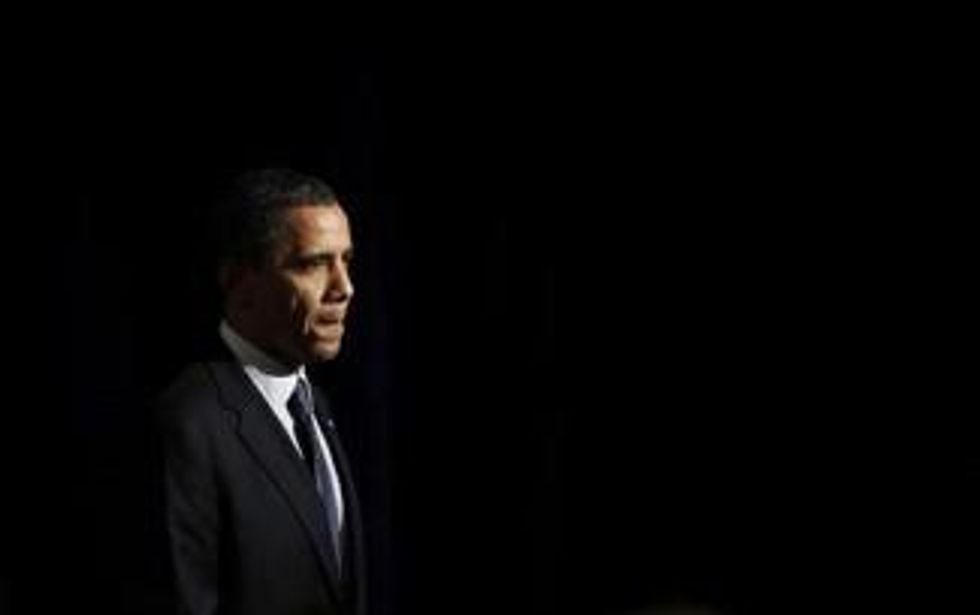The Obama administration is proposing to lower corporate taxes from the current 35 percent to 28 percent for most companies and to 25 percent for manufacturers.
The move is supposed to be "revenue neutral" - meaning the Administration is also proposing to close assorted corporate tax loopholes to offset the lost revenues. One such loophole allows corporations to park their earnings overseas where taxes are lower.
Why isn't the White House just proposing to close the loopholes without reducing overall corporate tax rates? That would generate more tax revenue that could be used for, say, public schools.
It's not as if corporations are hurting. Quite the contrary. American companies are booking higher profits than ever. They're sitting on $2 trillion of cash they don't know what to do with.
And it's not as if corporate taxes are high. In fact, corporate tax receipts as a share of profits is now at its lowest level in at least 40 years. According to the Congressional Budget Office, corporate federal taxes paid last year dropped to 12.1 percent of profits earned from activities within the United States. That's a gigantic drop from the 25.6 percent, on average, that corporations paid from 1987 to 2008.
And it's not that corporations are paying an inordinate share of federal tax revenues. Here again, the reality is just the opposite. Corporate taxes have plummeted as a share of total federal revenues. In 1953, under President Dwight Eisenhower, a Republican, corporate taxes accounted for 32 percent of total federal tax revenues. Now they're only 10 percent.
But now the federal budget deficit is ballooning, and in less than a year major cuts are scheduled to slice everything from prenatal care to Medicare. So this would seem to be the ideal time to raise corporate taxes - or at the very least close corporate tax loopholes without lowering corporate rates.
The average American is not exactly enamored with American corporations. Polls show most of the public doesn't trust them. (A recent national poll by the University of Massachusetts at Lowell found 71 percent with an unfavorable impression of big business - about the same as those expressing an unfavorable view of Washington.)
The Administration's initiative doesn't even make sense as a bargaining maneuver.
Republicans will just accept the Administration's lower corporate tax rate without closing any tax loopholes. House Republicans have already made it clear that, to them, closing a tax loophole is tantamount to raising taxes. And corporate lobbyists in Washington know better than anyone how to hold tight to loopholes they've already got.
Big business will fight to keep their foreign tax shelters. After all, it's almost impossible to distinguish between their foreign and domestic earnings, which is why the U.S. Chamber of Commerce and other business lobbies have spent the past three years trying to make it even easier for companies to defer U.S. taxes on income they supposedly earn outside the country.
Representative David Camp, a Michigan Republican who heads the House Ways and Means Committee, has already proposed a 25 percent corporate top rate and changes that would let companies avoid paying U.S. taxes on even more of the income they say they earn outside America.
Nothing is going to be enacted this year, anyway, so it would have made more sense for the Administration to support a hike in corporate taxes - and use it to highlight the difference between the President and his likely Republican challenger.
Mitt Romney wants to reduce the corporate tax rate to 25 percent before eliminating any tax loopholes. Rick Santorum wants to cut the rate to 17.5 percent and eliminate corporate taxes for manufacturers. Newt Gingrich wants to cut the rate to 12.5 percent and let companies write off all capital investments immediately.
It's discouraging. The President gives a rousing speech, as he did on December 6 in Kansas. Then he misses an opportunity to put his campaign where his mouth is.

